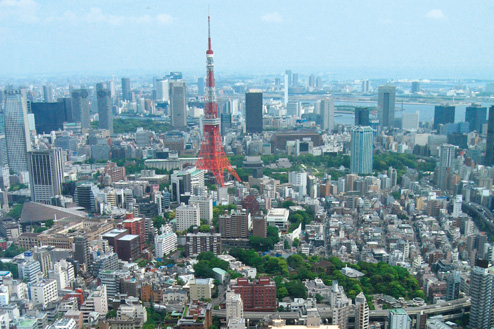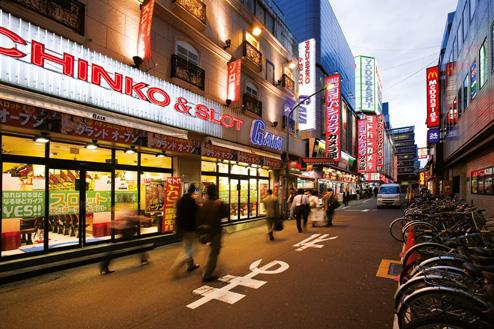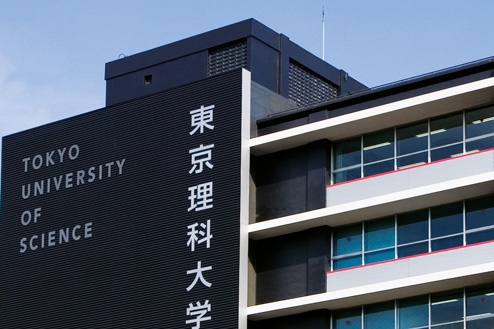Documents
Bureaucracy in Japan is confusing, inconvenient, inefficient and slow – as most tend to be. Thankfully though the bureaucrats tend to be polite, helpful and understanding. There are special windows for foreigners at ward offices (kuyakusho) and city halls (shiyakusho), where you will need to go to register as a resident alien. To apply for a visa, visa extension or re-entry permit, you will need to go to the Tokyo Regional Immigration Bureau in Shinagawa (03 5796 7112). To avoid lengthy waits or being sent back to any counter, bring all the relevant documents, fill in every form thoroughly and get a number as soon as the booths open.
Essential Documents
Passport: you will need to have it handy, but are not required to carry it at all times.
Gaijin Card: your certificate of alien registration proves you’re in Japan legally, and must be carried at all times.
Driving Licence: international licences expire after one year, after which time you’ll need to switch over to a Japanese one.
University Degree: to get a work visa, you will need to prove you have significant work experience (usually 10 years) or a four-year degree. A photocopy of the diploma may not be accepted, so make sure to bring the original.
Bank book: if you have a Japanese bank account, this book is a record of all transactions. It may be required as proof of salary to a potential landlord.
Tax report: keep your end-of-year tax and earnings statement – you’ll need it if you apply for a visa extension.
Profit and loss reports (or for new businesses, a detailed business plan): these are required to self-sponsor a visa.
Inkan/hanko: The personalised ink stamp is still preferable to a signature for official documents.
Essential Documents
Passport: you will need to have it handy, but are not required to carry it at all times.
Gaijin Card: your certificate of alien registration proves you’re in Japan legally, and must be carried at all times.
Driving Licence: international licences expire after one year, after which time you’ll need to switch over to a Japanese one.
University Degree: to get a work visa, you will need to prove you have significant work experience (usually 10 years) or a four-year degree. A photocopy of the diploma may not be accepted, so make sure to bring the original.
Bank book: if you have a Japanese bank account, this book is a record of all transactions. It may be required as proof of salary to a potential landlord.
Tax report: keep your end-of-year tax and earnings statement – you’ll need it if you apply for a visa extension.
Profit and loss reports (or for new businesses, a detailed business plan): these are required to self-sponsor a visa.
Inkan/hanko: The personalised ink stamp is still preferable to a signature for official documents.













